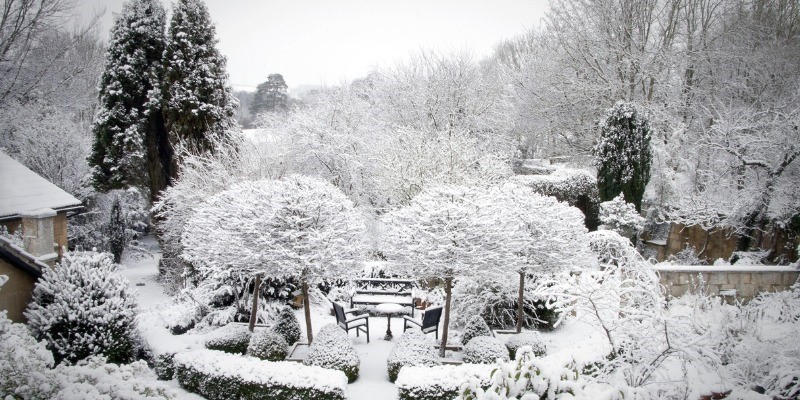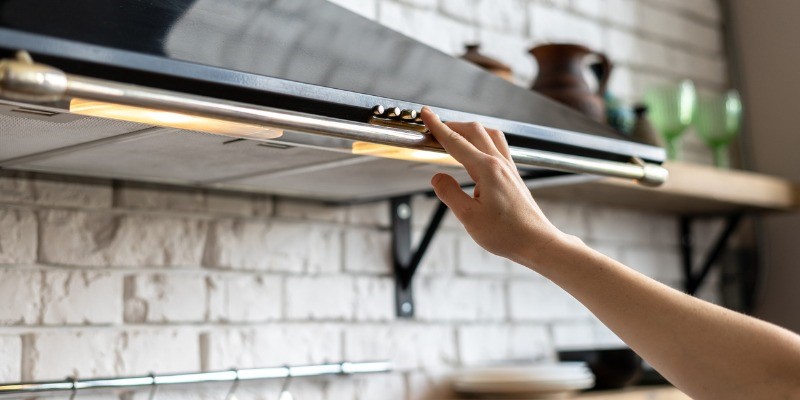
When you step outside in the winter, the air is so cool and refreshing. However, often you don’t get the same clean air when you step inside your home. Here’s what’s behind bad air quality in winter and what you can do to improve it and make your space more comfortable.
Why is Indoor Air Quality Poor in the Winter?
When we think of poor indoor air quality, we often think of late spring, when it’s too hot to leave the windows open, and pollen blows into your home every time you open the door. But, winter air quality can be very poor too. If you don’t have proper ventilation or air purification, the allergens and pet dander can be trapped in your home all winter. Plus, humidity drops, making the air uncomfortable and drying. Of course, you don’t want to open a window to ventilate your home when your furnace is working hard to keep it warm. Here’s what you can do to fix your air quality.
Add a Whole-Home Humidifier
Poor winter air quality is largely about very low humidity. In Canada, in the winter, humidity levels drop well below what is comfortable for most people. You may develop dry skin, dry eyes, dry throat and lungs, and even get static shocks in your hair or from your winter clothing. For some people who have respiratory conditions, the very low humidity can make their symptoms worse and really impact their health.
The answer is a whole-home humidifier. Unlike the models that just work with a single room, these ones raise the humidity of your whole home, so you can be equally comfortable everywhere. They work with your furnace, so they’re not too expensive.
If you want to learn more about whole-home humidifiers contact us today.
Use a HEPA Filter (On Your Vacuum Too!)
HEPA filters can help you remove contaminants from the air that they would normally stick around all winter. A proper HEPA filter can help you remove:
- Dust
- Pollen
- Pet dander
- Other allergens
- Debris
- Mold spores
- Some viruses
- Some bacteria
You can also get vacuums that are equipped with HEPA filters. Normal vacuums aerosolize some of the contaminants they pick up, reducing your air quality significantly. These HEPA-equipped vacuums won’t do that.

Local Ventilation
Sometimes your poor air quality is due to one or two problem areas in the home. The kitchen and bathrooms, for example, create a lot of humidity and smells. You can improve your home’s air quality by targeting these rooms, or other problem areas with local ventilation systems. These are vents that just move air from the specific room they are in.
However, you can get whole-home ventilation systems if that would better help you fix your winter air quality problem.
Indoor air quality is important to your overall health and comfort levels in your home. Want to learn more about our HVAC systems and how they can help improve your indoor air quality in the winter? Contact us today!
Sources:
https://www.canada.ca/en/health-canada/services/air-quality/improve-indoor-air-quality.html
http://www.titan-air.com/9-ways-to-increase-indoor-air-quality-during-the-winter-months.html







